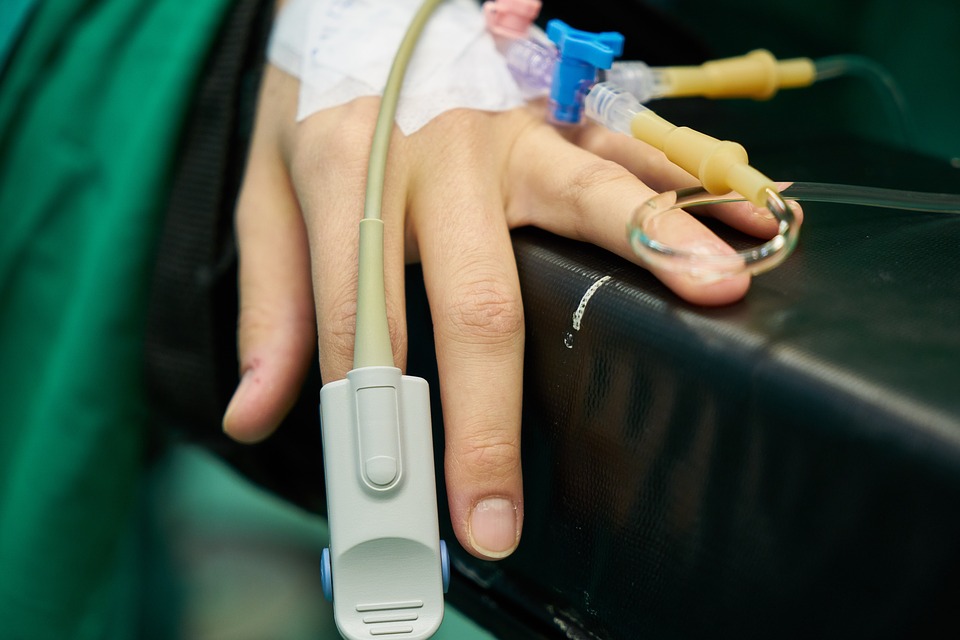

I rise today to indicate that I will not be supporting the bill. It is not because I do not understand the pain and suffering that some members of our community go through at the end of their life. I have had family members who have undergone the palliative care process because of a terminal illness, and it is heart-wrenching under any circumstance to watch a family member or a friend pass away. I know—I have been there and I have felt it.
It is because I strongly believe that the lack of adequate knowledge and understanding of current legislation, such as advance care directives, as well as delivery in palliative care, must not be the reason we legislate for voluntary assisted dying. I read the report of the Joint Committee on End of Life Choices several times over the last few months since its tabling on 13 October last year. It is an excellent report that covers the divergent views, and I commend the committee, ably led by the Hon. Mr Kyam Maher, for its work.
As the report stated, like many other aspects of health care, there is a wide discrepancy between palliative care services available in the metropolitan area and those accessible in rural and remote regions. In the report, Palliative Care South Australia applauded the state government’s commitment to invest in an additional $16 million over the next four years to build capacity and ensure equitable access to palliative care services. This will aid in building 24/7 community palliative care capacity to support people at home in their final stage of life with the help of their GP and experienced palliative care community nurses.
It will also assist in integrating palliative care across the acute care setting, which will relieve pressure on the system and reduce the number of terminally ill people in hospital beds, including intensive care, and fewer emergency department presentations. Whilst this is much needed and welcomed, it is acknowledged that there is still a need to continue to invest in this sector and to increase targeted funding to ensure the increased demand for palliative care and services is met.
Further data was provided to the committee from Palliative Care Australia and the KPMG report released in May last year, which stated that an annual investment of $365 million would see Australia’s palliative care system operating efficiently. The funding would end the:
‘ … underfunded at-home care and the token services administered too late, which resulted in people being taken in and out of hospital in their late stages in an ambulance because it is not a proper palliative care set up.’
The report proposed that $240 million would provide timely access to at-home palliative care, $75 million would fund specialist palliative services at aged-care facilities and $50 million would expand the end-of-life services.
The committee heard that South Australia has been a pioneer in end-of-life legislation, with the consent act being the first time in the world that palliative care had appeared in an act of parliament. It was judged to be excellent consent legislation, providing a framework for end-of-life care. The ACD Act, too, is among the most advanced in the world, promoting an advance care directive (ACD) to provide a legally binding voice for those who have lost decision-making capacity, along with the appointment of substitute decision-makers to act on the person’s behalf.
Dr Chris Moy, President of the Australian Medical Association in South Australia, affirmed that the state currently has the most complete framework of legislation, with the Advance Care Directives Act and the amendments to the consent act promoting self-determination while also protecting doctors. Effectively, the current legislation offers an elegant balance in good end-of-life care by clarifying consent ages, whilst focusing on the autonomy, wishes and values of the individual.
Currently, a patient with an advance care directive can refuse treatment, even if they have lost their decision-making capacity. As a result, a doctor can be required to withdraw life-sustaining measures. Equally, doctors do not need to continue the futile treatment to a dying patient with the protection to provide adequate treatment ensuring comfort and dignity. However, the report also stated that currently clinicians are further hampered in their ability to facilitate a good death by the limited uptake of advance care directives.
Advance care directives are a legal document that allows the individual to make clear arrangements for their future health care. This includes outlining how you wish to manage decisions regarding your end of life, preferred living arrangements and other personal matters. Advance care directives allow individuals to think about their dying wishes, such as situations they may want to avoid or they would find unacceptable. They also allow individuals to communicate other end-of-life wishes, such as the intention to be an organ and tissue donor or considerations such as spiritual, religious or cultural traditions.
Advance care directives can include statements such as, ‘I would prefer to have better quality of life for a shorter time’, ‘I want more time with my family’, ‘If I am dying, I do not want to be transferred to a hospital unless my comfort and dignity cannot be maintained in my home or place of care’ and ‘I want time to say goodbye to my family if possible. Please try to keep me alive so my family can see me before I die.’ Advance care directives can be and should be utilised by the community to outline not just their dying wishes but also their position if tragic circumstances unfortunately substantiate. Advance care directives should not just be for the elderly; they should be for all of us.
In fact, prior to my role here in parliament I had no idea about advance care directives. I have begun drafting my advance care directive as I want to ensure that my wishes are known to my loved ones in case, God forbid, something horrific were to happen to me. I recommend all South Australians visit the government website on advance care directives, as it is informative and contains resources such as templates aimed to assist individuals to draft their own directive.
There is a need for greater education amongst clinicians, care workers and emergency services about the operation of advance care directives and their importance to the dignity and wellbeing of those who have chosen to prepare them. In doing so, we must also ensure that palliative care has a focus on affirming life, promoting quality of life, treating the patient and supporting the family.
There were many who appealed to the committee to oppose any legislative change to enact voluntary assisted dying in South Australia, whether in terms of the Victorian act or otherwise. As to the appropriateness of the same bill that passed in the Victorian parliament being enacted in South Australia, whilst there are a few in support, many advocates for voluntary assisted dying expressed their concern and disappointment with the Victorian model because of the high level of restrictions and safeguards.
I think this highlights the risk we face in the future in maintaining these safeguards and ensuring these protections are not eroded. I personally am grateful for these safeguards. If this bill does pass this chamber and the other place, it gives me some level of comfort that it is a direct translation of the Victorian model, which has been described as the safest and most conservative scheme in the world by the Victorian Premier, with some 68 safeguards in place. I just hope it stays that way.

Subscribe and stay in touch with Nicola and the Legislative Council.
Type on the line above then press the Enter/Return key to submit a new search query.